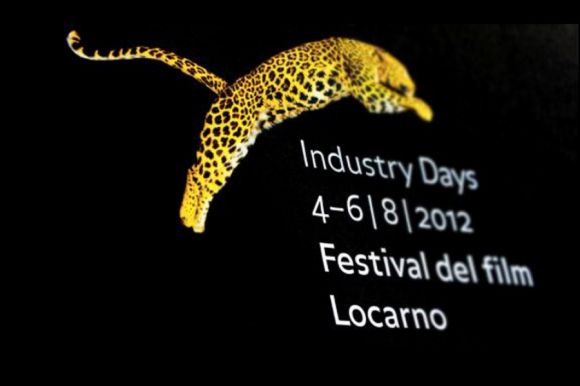FILM FUNDING
The major problem – a lack of cash – can be traced back to November 2011, when the Czech film funding support system lost its major source of financing - the income from the advertising revenue of public broadcaster Czech Television’s (www.ceskatelevize.cz). Meanwhile, the Czech parliment has not yet approved the new Film Act, which should bring 150 to 200 million CZK (7-8.5m EUR) annually from the commercial television through a 2 percent tax on their advertising income that will go to the Film Fund budget.
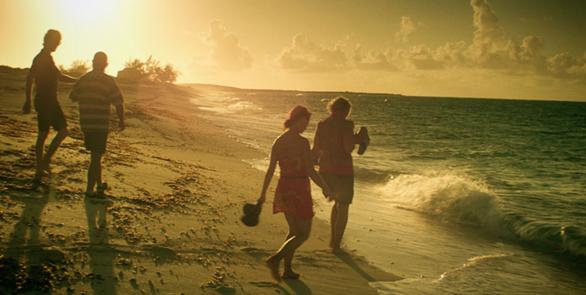 By the middle of 2012, funding for Czech films had dried up, with some companies worried over their continued existence. Unable to sufficiently support the production of new films, in May and June the Film Fund gave a symbolic one Czech crown for ambitious projects, as a signal of future support. The Czech Ministry of Finance agreed to give a 50 million CZK (2m EUR) loan to the Film Fund by the end of June, so that it could operate untill the end of the year. If the new Film Act is passed, it will go into effect in 2013 with the cinemas, private broadcasters, and VOD platforms to share revenues with the Film Fund. A further disruption was caused by the departure of the Minister of Culture, Jiri Besser, in early 2012, who was replaced by Alena Hanáková, the present minister.
By the middle of 2012, funding for Czech films had dried up, with some companies worried over their continued existence. Unable to sufficiently support the production of new films, in May and June the Film Fund gave a symbolic one Czech crown for ambitious projects, as a signal of future support. The Czech Ministry of Finance agreed to give a 50 million CZK (2m EUR) loan to the Film Fund by the end of June, so that it could operate untill the end of the year. If the new Film Act is passed, it will go into effect in 2013 with the cinemas, private broadcasters, and VOD platforms to share revenues with the Film Fund. A further disruption was caused by the departure of the Minister of Culture, Jiri Besser, in early 2012, who was replaced by Alena Hanáková, the present minister.
FILM PRODUCTION
Several of the Czech Republic’s most well known directors have just completed new films which are due to be released in the second half of 2012 and include Jan Hrebejk’sThe Holy Quaternityproduced by In Film Praha (www.infilm.cz) and David Ondricek’sIn the Shadowproduced by Lucky Man Films (www.luckymanfilms.com), a Czech, Polish and Slovak coproduction.
Shooting in the second half of 2012 are also some highly anticipated projects including Petr Vaclav’sThe Way Outproduced by Molokofilm (www.molokofilm.com), Milan Cieslar’sColettebased on the story by Arnost Lustig and proudced by Happy Celluloid (www.celluloid.cz) and CTV and Andrea Sedlackov’sFair Game(Negativ). Also shooting this summer are new features from Roman Kasparovsky, Tomas Weinreb, Petr Kazda and Pavle Gobl.Coletteis a UK, Slovak, Hungarian coproduction shooting in Bratislava and Budapest.
Three new animated films in production areLittlefrom the Fishshop by Jan Balej, a puppet animation produced by Miracle Film (Prague),Lucky Four Serving the Kingby Michal Žabka produced by Bio Illusion (www.bioillusion.com) andMlhoš and Záboj with the Hussitesby Pavel Koutský produced by Anifilm (www.anifilm.cz).
INTERNATIONAL FILM PRODUCTION
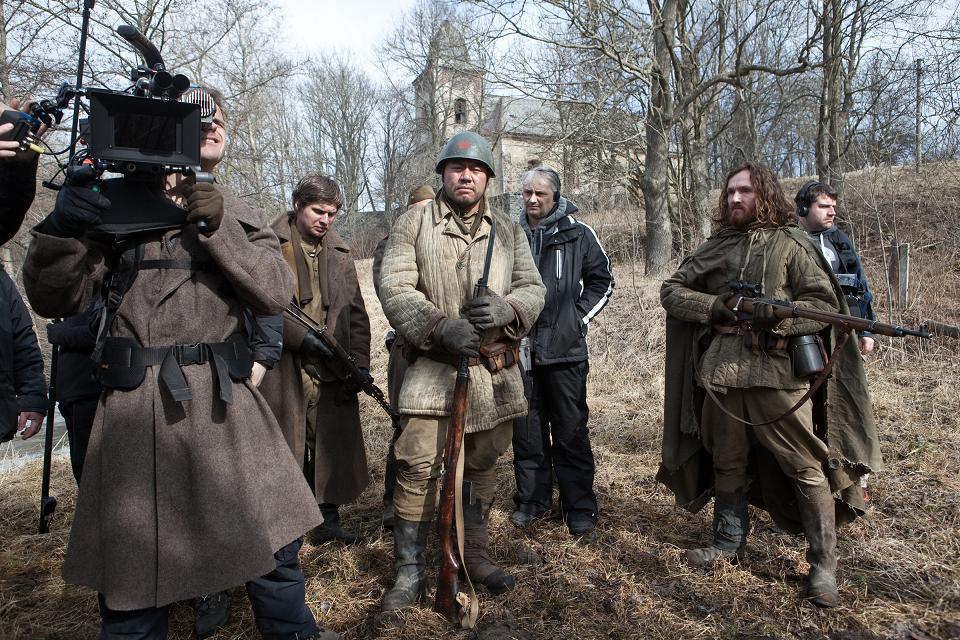 Local professionals benefited from the tax incentives on bigger foreign or domestic production reimbursing 20 percent of Czech commercial investment in film - but they should have benefited more. The Czech Ministry of Finance allocated 339 million of CZK (13m EUR) to attract foreign productions to the Czech Republic. This was sufficient for 40 projects while another 20 applications had to be refused after all funds for that year were used up. While service companies had hoped it would revive the film service industry, insufficient funding may have been to blame for some major projects, such as the newest Bruce WillisDie Hard film going to shoot in Hungary. Producers estimate that Czech Republic needs at least 1 bilion CZK in order to host all the international productions which would like to shoot in the country provided they received the tax incentive.
Local professionals benefited from the tax incentives on bigger foreign or domestic production reimbursing 20 percent of Czech commercial investment in film - but they should have benefited more. The Czech Ministry of Finance allocated 339 million of CZK (13m EUR) to attract foreign productions to the Czech Republic. This was sufficient for 40 projects while another 20 applications had to be refused after all funds for that year were used up. While service companies had hoped it would revive the film service industry, insufficient funding may have been to blame for some major projects, such as the newest Bruce WillisDie Hard film going to shoot in Hungary. Producers estimate that Czech Republic needs at least 1 bilion CZK in order to host all the international productions which would like to shoot in the country provided they received the tax incentive.
In the first half of 2012 six major foreign productions shot in the Czech Republic. These includedThe Man Who Laughsdirected by Jean-Pierre Amerise (France),Frankenstein’s Armydirected by Richard Raaphorst (USA),Journey to the Christmas Stardirected by Nils Gaup (Norway),Snowpiercerdirected by Joon-ho Bong (Korea, USA, France),Serenadirected by Susanne Bier (USA) andThe Best Offerdirected by Giuseppe Tornatore (Italy)
Local initiatives are also being developed with an interest in establishing regional film commissions in the Czech Republic, with the Czech Tourism agency cooperating together with the Czech Film Commission (www.filmcommission.cz) to pursue opportunities to support tourism through film. The first regional commissions in Plzeň and Ostrava have started campaigns to attract filmmakers from abroad.
BOX OFFICE, ADMISSIONS
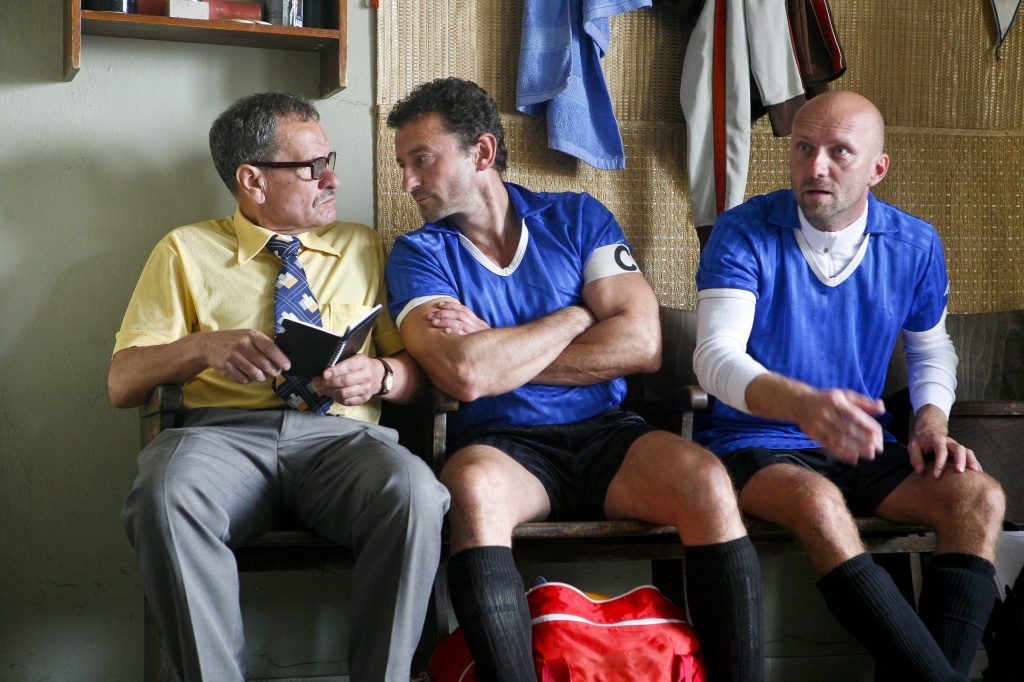 Czech films have traditionally enjoyed a healthy share of the local box office, but the first four months of this year saw a remarkable 38.67 % of admissions for domestic films. This is compared to 28.31% for 2011. The total admissions in 2011 were 9,051,250 with European films (excluding Czech films) accounting for nearly 7% of the total. The total box office for 2011 was 49 039 611 EUR. In the first four months of 2012 Czech films had 1,038,208 admissions. European films gained ground and scored 13.37% of the total which was 2,684,905 for this period.
Czech films have traditionally enjoyed a healthy share of the local box office, but the first four months of this year saw a remarkable 38.67 % of admissions for domestic films. This is compared to 28.31% for 2011. The total admissions in 2011 were 9,051,250 with European films (excluding Czech films) accounting for nearly 7% of the total. The total box office for 2011 was 49 039 611 EUR. In the first four months of 2012 Czech films had 1,038,208 admissions. European films gained ground and scored 13.37% of the total which was 2,684,905 for this period.
The succcess of Czech films at the domestic box office is largely thanks to its popular comedies. Four Czech titles are in the top ten withSunday League - Pepik Hnatek's Final Matchby Jan Prušinovský produced by Petr Erben and Misu Predescu (Media Pro Pictures,www.mediapropictures.cz) attracting 372,000 admissions by the end of June. The familly football sitcom is followed by a Czech sex comedy,Love is Love(Líbáš jako ďábel) by Marie Poledňáková and produced by distribution company Falcon (www.falcon.cz), with 360,000 spectators.
DISTRIBUTION AND EXHIBITION
The Czech Republic has 854 screens of which 344 are DCI standard with most screens in larger cinemas set to be digitalised by the end of 2012. The main distributors of European and arthouse titles are Cinemart, Artcam, Aerofilms and 35mm. Bioscop and Bontonfilm, the largest distributors in the Czech Republic, also distribute European films, in addition to US titles.
Czech film productions continue to be diverse, with children’s films, animation, and documentaries released in cinemas. Petr Oukropec´sBlue Tiger(Modrý tygr, Negativ Production,www.negativ.cz) scored 80,000 viewers.
There were 26 Czech features and animated films released in 2011. In 2012 there are 31 Czech films expected to be released.
COPRODUCTIONS, FOREIGN SALES
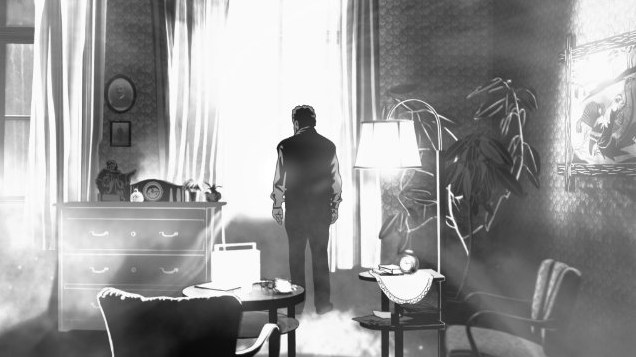 The animation featuresFimfarum: Third Time Lucky(www.maurfilm.com) andAlois Nebel(www.negativ.cz) secured strong foreign distribution deals. Distributed in France by Cinema Public Film (www.cpf.fr)Fimfarumwas seen by 50,000 spectators in three months. With less possibilities for local funding, Czech filmmakers are hoping to find more foreign coproduction partners willing to fund Czech films.Alois Nebel,directed by Tomas Lunak and produced by Negativ, secured strong international sales after making its debut in Venice Film Festival. It is being sold in over 20 territories throughout Europe including the UK and the Middle East as well as Austrailia and New Zealand.Four Sonsdirected by Bohdan Slama has been sold to Poland.
The animation featuresFimfarum: Third Time Lucky(www.maurfilm.com) andAlois Nebel(www.negativ.cz) secured strong foreign distribution deals. Distributed in France by Cinema Public Film (www.cpf.fr)Fimfarumwas seen by 50,000 spectators in three months. With less possibilities for local funding, Czech filmmakers are hoping to find more foreign coproduction partners willing to fund Czech films.Alois Nebel,directed by Tomas Lunak and produced by Negativ, secured strong international sales after making its debut in Venice Film Festival. It is being sold in over 20 territories throughout Europe including the UK and the Middle East as well as Austrailia and New Zealand.Four Sonsdirected by Bohdan Slama has been sold to Poland.
The Czech Republic traditionally coproduces with Slovakia and most major productions are coproductions between these two neighbours. New coproductions include two Czech-Polish films:Polski Filmby Marek Najbrt (Negativ,www.negativ.czand OFF PRODUCTION) andYumaby Polish filmmaker Piotr Mularuk (Yeti Filmswww.yetifilms.comand Evolution films,www.evolutionfilms.cz), both of which screened in the Karlovy Vary Film Festival in July 2012.
TELEVISION
Czech Television (www.ceskatelevize.cz) under its new general director Petr Dvořák is again funding Czech films, especially its traditional animation and children’s films, with 230 million CZK (10m EUR) designated for a specialized children‘s TV channel. Dvořák promised to bring the worlwide 25-minute format of animation to local TV.
Reporting byMichal Prochazka. Statistics courtesy of the Czech Film Center.
Report produced by Film New Europe for Step In Locarno 2012

